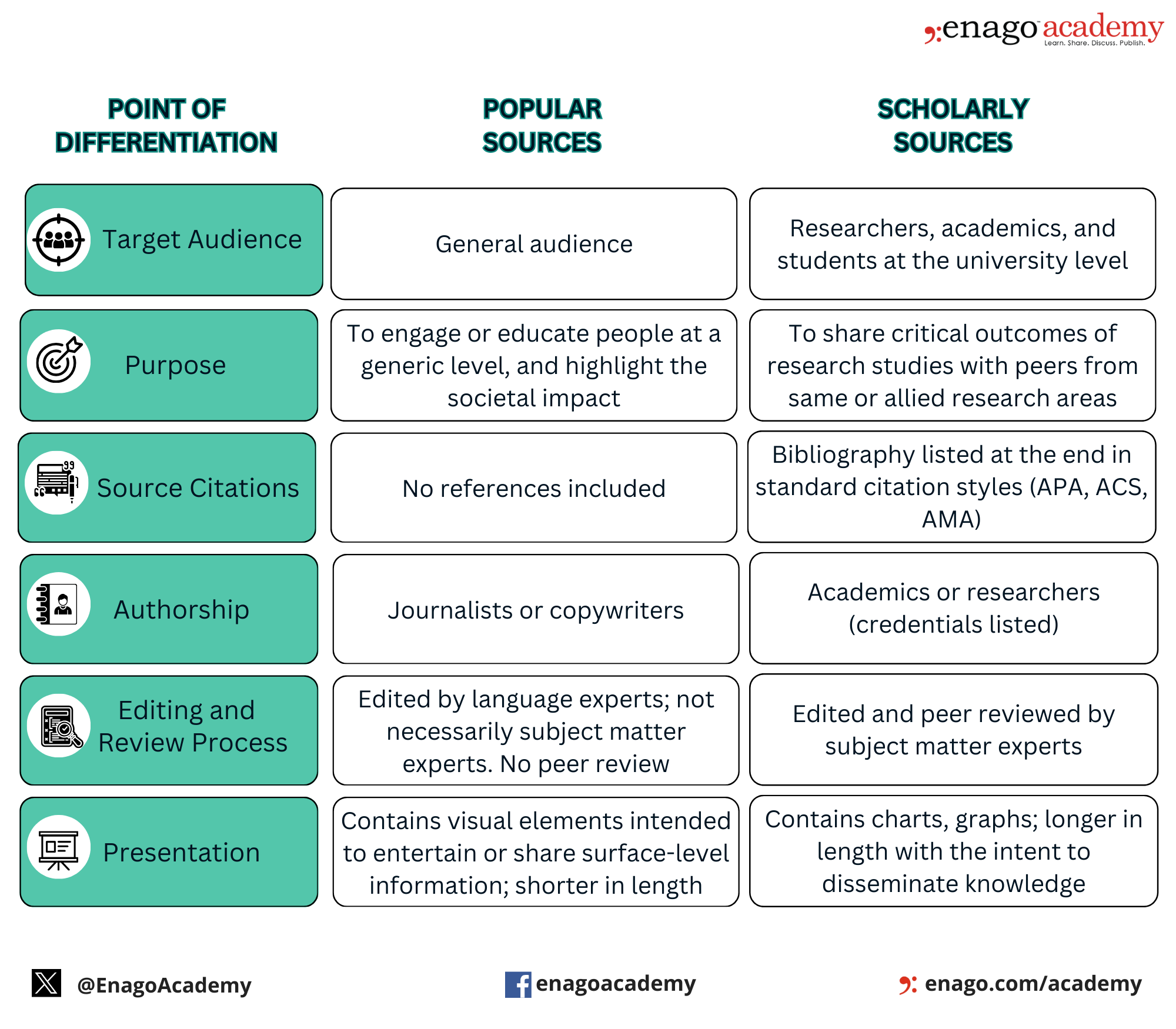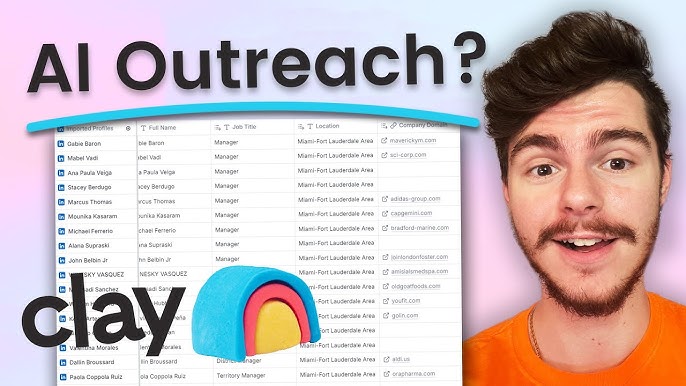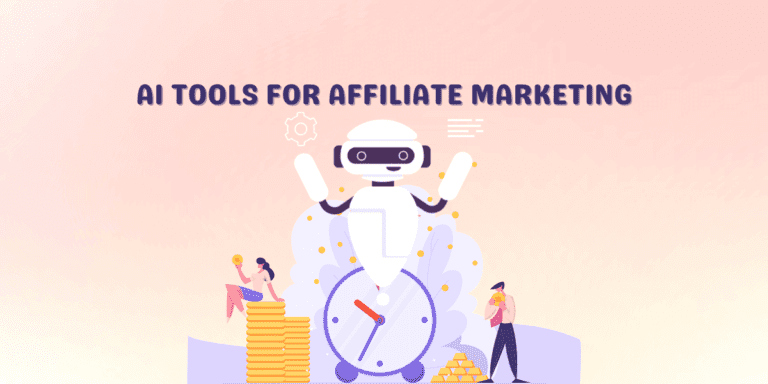Ai Tools for Literature Review: Streamline Your Research
AI tools for literature reviews streamline research by quickly analyzing vast amounts of academic texts and extracting relevant information. These tools enhance efficiency and accuracy in compiling literature.
Conducting a literature review is a critical step in research. It helps identify gaps in existing studies and shapes your own research questions. With the rapid growth of academic literature, managing this process can be daunting. AI tools simplify this task by automating data collection and analysis.
They allow researchers to focus on synthesizing information rather than getting lost in endless articles. From citation management to summarization, these tools offer various features that enhance the literature review process. Embracing AI can lead to a more organized, insightful, and effective research journey.
The Emergence Of AI in Research
AI is changing how researchers conduct literature reviews. It simplifies the process and saves time. Traditional methods relied heavily on manual searches and reading. Now, AI tools streamline these tasks, enhancing efficiency and accuracy.
Shift From Manual To Ai-driven Reviews
The move from manual reviews to AI-driven methods is significant. Researchers can analyze vast amounts of data quickly. AI tools help identify relevant studies in seconds.
- Speed: AI can process thousands of papers in minutes.
- Accuracy: AI reduces human error in data collection.
- Comprehensiveness: AI covers more ground than manual searches.
Examples of AI tools include:
- Zotero: Manages references and organizes research.
- Mendeley: Offers citation management and networking.
- EndNote: Facilitates reference management and collaboration.
Impact On Academic And Industry Studies
AI tools impact both academic and industry research. They enable faster insights and better data analysis. Researchers can focus on critical thinking rather than data gathering.
| Aspect | Academic Research | Industry Research |
|---|---|---|
| Data Volume | Higher volume of studies available. | Access to real-time market data. |
| Collaboration | Facilitates joint research efforts. | Encourages partnerships across sectors. |
| Outcome Speed | Faster publication rates. | Quicker product development. |
AI tools empower researchers. They enhance the quality of findings and support informed decisions. The future of research looks bright with AI at the forefront.
Identifying Relevant AI Tools
Finding the right AI tools for your literature review can be challenging. Many options exist, but not all are effective. Focus on tools that simplify research and enhance productivity. This section covers criteria for selection and highlights popular tools.
Criteria For Selection
Choosing the right AI tools requires careful consideration. Here are key criteria to keep in mind:
- User-Friendly: Easy to navigate and use.
- Accuracy: Provides reliable search results.
- Integration: Works well with other software.
- Cost: Affordable or offers a free version.
- Support: Provides helpful customer service.
Popular AI Literature Review Tools
Several AI tools stand out for literature reviews. Below is a list of popular options:
| Tool Name | Description | Key Features |
|---|---|---|
| Zotero | Free reference manager and research tool. |
|
| Mendeley | Reference manager and academic social network. |
|
| EndNote | Comprehensive reference management tool. |
|
| Ref-N-Write | Writing tool that helps with academic writing. |
|
Each tool has unique features. Evaluate them based on your specific needs. Select the ones that best match your research goals.
Enhancing Search Efficiency
Searching for literature can be time-consuming. AI tools help make this process faster and easier. They improve the way we find and analyze research papers.
Advanced Filtering Options
AI tools offer advanced filtering options. These allow users to narrow down their search results effectively. Here are some key features:
- Publication Year: Filter by specific years.
- Author: Search for papers by a particular author.
- Journal: Limit results to specific journals.
- Keywords: Use specific keywords to find relevant literature.
These filters help save time. Researchers can focus on the most relevant studies.
Semantic Search Capabilities
Semantic search enhances the way we look for information. It understands the context of search terms. This results in more accurate results. Key benefits include:
- Contextual Understanding: AI understands the meaning behind words.
- Related Concepts: Find papers on similar topics.
- Synonyms: Considers different words with similar meanings.
With semantic search, researchers discover more relevant literature. They can uncover hidden gems in their field.
| Feature | Benefit |
|---|---|
| Advanced Filters | Quickly find relevant studies |
| Semantic Search | Discover related literature easily |
Analyzing And Synthesizing Information
Analyzing and synthesizing information is crucial for a thorough literature review. AI tools simplify this process. They help researchers find relevant data quickly. These tools make it easier to spot trends and gaps in research.
Data Extraction Techniques
Data extraction techniques are vital for gathering information efficiently. AI tools can:
- Identify key data points from research articles.
- Pull citations and references automatically.
- Extract relevant quotes and findings.
Here are some popular data extraction tools:
| Tool Name | Features |
|---|---|
| Scrapy | Web scraping framework for data collection. |
| Tabula | Extracts data from PDF tables easily. |
| EndNote | Manages references and extracts data from PDFs. |
Summarization And Paraphrasing Features
Summarization and paraphrasing features help in condensing information. They save time and effort in writing. AI tools can:
- Generate concise summaries of lengthy articles.
- Rephrase sentences for clarity.
- Highlight key findings and themes.
Some effective AI summarization tools include:
- SMMRY: Provides brief summaries of text.
- QuillBot: Paraphrases content for better understanding.
- SummarizeBot: Summarizes articles and documents quickly.
Using these features enhances your literature review. They make complex information easier to digest.
Managing Citations And References
Managing citations and references is crucial for any literature review. Accurate citations support your research and give credit to original authors. AI tools simplify this process, saving time and reducing errors.
Automated Citation Tracking
Automated citation tracking helps researchers follow their sources. This feature lets you:
- Keep track of all references.
- Update citation details easily.
- Receive alerts for new citations.
Many AI tools offer this functionality. They scan databases and academic journals for updates. This feature ensures your references are current and accurate.
Bibliography Generation Tools
Bibliography generation tools create formatted references. This saves you time and effort. Key benefits include:
- Multiple citation styles are available (APA, MLA, Chicago, etc.).
- Easy input of source details.
- Automatic formatting of citations.
Popular tools include:
| Tool Name | Features |
|---|---|
| Zotero | Collects and organizes sources easily. |
| Mendeley | Collaborates with other researchers. |
| Citation Machine | Quickly generates citations online. |
These tools make bibliography creation simple and efficient. You can focus more on research, not formatting.

Credit: www.linkedin.com
Collaboration And Sharing
Collaboration and sharing are essential in literature reviews. AI tools enhance teamwork and simplify the process. Researchers can work together seamlessly, no matter their location.
Real-time Collaboration Features
Real-time collaboration features allow multiple users to work together. Here are some key benefits:
- Instant Updates: See changes as they happen.
- Commenting: Add feedback directly on documents.
- Task Assignments: Delegate tasks easily.
These features keep everyone on the same page. Teams can communicate effectively. This leads to better research outcomes.
Integration With Research Networks
AI tools often integrate with research networks. This makes sharing easier. Key integrations include:
| Research Network | Integration Benefit |
|---|---|
| ResearchGate | Share papers with a large community. |
| Academia.edu | Connect with other researchers. |
| Mendeley | Organize and share references easily. |
These integrations promote collaboration. They help researchers find relevant studies. Sharing insights becomes quick and efficient.
Staying Up-to-date With Research Trends
Keeping up with research trends is crucial for scholars. New studies emerge daily. It can be overwhelming to track these changes. AI tools make this task easier. They help researchers stay informed about the latest findings.
Alert Systems For New Publications
Alert systems are vital for staying current. They notify researchers about new publications in their fields. These systems can be customized based on keywords and topics. Here are some popular alert systems:
- Google Scholar Alerts: Set alerts for specific keywords.
- PubMed Alerts: Ideal for medical and life sciences research.
- ResearchGate: Follow researchers and get updates on their work.
- Scopus: Offers alerts for new articles and citations.
Using these systems helps researchers discover new studies quickly. They can adjust their settings anytime. This ensures they receive the most relevant information.
Analyzing Research Patterns With Ai
AI tools can analyze vast amounts of data. They identify research patterns and trends. This helps researchers understand the evolution of their fields. Here are some AI-driven tools:
| Tool Name | Functionality |
|---|---|
| Dimensions: | Access to a wide range of research outputs. |
| Connected Papers: | Visualizes connections between papers. |
| Litmaps: | Creates visual maps of research citations. |
These tools save time and enhance understanding. Researchers can focus on their core work. They can explore new areas of interest. AI transforms how scholars engage with literature.

Credit: m.youtube.com
Ethical Considerations And Best Practices
Using AI tools for literature reviews raises important ethical questions. Researchers must stay aware of their responsibilities. Maintaining integrity and respecting intellectual property are key. Here are some best practices to follow.
Maintaining Academic Integrity
Maintaining academic integrity is crucial in research. Here are steps to ensure it:
- Proper Citations: Always cite sources correctly. Use the required citation style.
- Originality: Ensure your work is original. Avoid plagiarism at all costs.
- Transparency: Disclose AI tool usage in your methodology.
- Review AI Outputs: Critically analyze AI-generated content. Verify its accuracy.
These practices help maintain trust. They also strengthen your research credibility.
Navigating Intellectual Property Issues
Intellectual property (IP) issues can complicate research. Follow these guidelines:
- Understand Copyright: Know what is copyrighted. Respect the rights of authors.
- Use Public Domain Works: Incorporate materials in the public domain freely.
- Creative Commons: Use works under Creative Commons licenses. Follow their terms.
- Seek Permission: Get permission for any copyrighted material. Always ask before using.
Being aware of these issues ensures the responsible use of AI tools. Researchers can navigate the complexities of IP effectively.
Future Prospects Of AI in Literature Reviews
The future of AI in literature reviews is bright. These tools will change how researchers gather and analyze information. AI can streamline the process, making it faster and more efficient. It can also uncover hidden patterns and trends in data.
Predictive Analysis For Emerging Topics
AI can help researchers identify new topics before they become popular. This predictive analysis is vital for staying ahead. Here are some key benefits:
- Trend Identification: AI tools can find trends in publications.
- Data Mining: They can analyze vast amounts of data quickly.
- Keyword Insights: AI can suggest relevant keywords for research.
Researchers can use these insights to focus their studies. This leads to groundbreaking discoveries and innovations.
Ai’s Role In Interdisciplinary Research
AI encourages collaboration between different fields. It breaks down silos in research. Here are a few ways AI supports interdisciplinary work:
- Integrated Databases: AI tools can compile data from various disciplines.
- Cross-Referencing: They can identify connections between studies.
- Collaborative Platforms: AI can enhance communication among researchers.
This collaboration fosters innovation. It leads to more comprehensive literature reviews. AI’s role in interdisciplinary research is crucial for future advancements.

Credit: www.enago.com
Frequently Asked Questions
What Are AI Tools For Literature Reviews?
AI tools for literature reviews are software applications that assist researchers in organizing, analyzing, and synthesizing academic literature. They streamline the process of gathering relevant articles and extracting key insights, saving time and improving the overall quality of reviews. These tools enhance efficiency and accuracy in academic research.
How Do AI Tools Help In Research?
AI tools help in research by automating data collection and analysis. They can quickly sift through thousands of articles, identify relevant studies, and summarize findings. This reduces the burden on researchers, allowing them to focus on critical analysis and interpretation of results, ultimately leading to better research outcomes.
Can AI Tools Replace Traditional Literature Reviews?
While AI tools enhance the literature review process, they do not fully replace traditional methods. Researchers still need to critically evaluate sources and synthesize findings. AI tools serve as valuable assistants, improving efficiency and supporting researchers in navigating large volumes of literature more effectively.
Are AI literature Review Tools User-friendly?
Most AI literature review tools are designed to be user-friendly. They feature intuitive interfaces that allow users to easily navigate functionalities. Many tools also provide tutorials and customer support, helping researchers of all skill levels utilize their features effectively for literature reviews.
Conclusion
Harnessing AI tools can transform your literature review process. These technologies streamline research, enhance accuracy, and save valuable time. By integrating AI into your workflow, you can produce comprehensive and insightful reviews. Embrace these innovations to elevate your academic work and stay ahead in the ever-evolving landscape of research.





